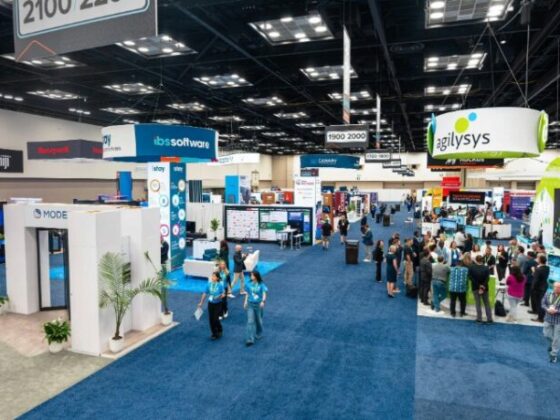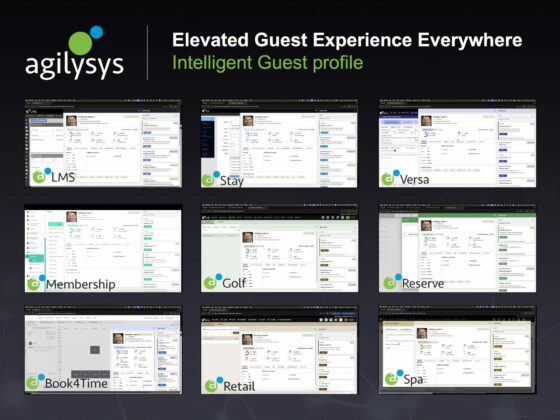
In recent years, the tourism and hospitality industry has undergone a rapid shift toward automation. One of the most visible aspects of this transformation is the emergence of service robots—machines that deliver room service, clean public areas, serve meals, assist with check-in, and even provide concierge services. While much of the discourse has focused on guest satisfaction and operational efficiency, a growing body of attention is now being paid to how employees perceive the financial implications of this technology—both in terms of their own income and the business outcomes for their employers.
Cost-Saving Potential for Businesses
From a business perspective, service robots are often introduced as a means of reducing long-term labor costs. Human labor in hospitality comes with expenses such as wages, benefits, sick leave, and shift differentials. Robots, on the other hand, can operate 24/7 without breaks, bonuses, or healthcare. As such, they are seen by many business owners as a strategic investment with the potential for substantial cost savings.
Interestingly, many employees acknowledge this potential benefit for the business. Surveys and interviews indicate that staff members understand robots can enhance efficiency, help manage peak guest loads, and compensate for staffing shortages—ultimately increasing the business’s revenue. Some employees even believe that improved business performance due to automation could lead to greater job stability in the long run.
However, this optimism is often accompanied by critical perspectives. Employees also point out that robots require a high upfront investment and ongoing maintenance, upgrades, and technical support. If not carefully planned, these costs may outweigh the benefits, at least in the short term. Moreover, poorly integrated robotic systems can reduce service quality, leading to negative guest experiences and potential revenue losses.
In summary, employees tend to view the financial impact of robots on their organizations as potentially positive but highly dependent on implementation quality and strategic alignment.
Impact on Employee Income and Job Security
When it comes to their own financial well-being, employees report both hope and concern. On the positive side, some see robots as a way to reduce workload and allow them to focus on more skilled, guest-facing tasks, which could lead to better tips, bonuses, or promotion opportunities.
However, the majority of concerns revolve around job security and income stability. Employees fear that as robots become more capable, businesses may reduce hiring or even eliminate certain job roles entirely, especially those involving repetitive tasks. Even if layoffs do not occur, the presence of robots might be used as justification to limit wage growth or overtime opportunities.
Another key issue is the loss of income tied to human interaction, such as tips and commissions. For example, if a robot delivers food to a guest’s room, who receives the tip? Similarly, when robots handle upselling or booking activities, human employees who used to earn commissions from these services may lose an important income stream.
Some research reveal that employees are not just concerned with their personal income—they are also thinking critically about the financial pros and cons for the businesses they work in. Many acknowledge that service robots, when used effectively, can help businesses cut costs, increase speed, and boost overall revenue.
However, they also highlight that poor integration or over-reliance on automation can backfire financially. For instance, employees noted that guests may feel disconnected or underserved in fully automated environments, which could negatively affect satisfaction ratings, loyalty, and repeat bookings—all crucial revenue streams in hospitality.
Moreover, robots that malfunction or are deployed in inappropriate service contexts can cause operational delays, complaints, or even brand damage, all of which have financial consequences. As such, many employees advocate for a balanced approach, where robots support but do not replace human labor.
Toward a Hybrid Future: Shared Benefits and Responsibilities
The general consensus among employees is that robots are most beneficial when used in supportive roles. Tasks like luggage delivery, basic cleaning, or information provision are well-suited to automation, allowing human staff to focus on emotional intelligence-driven services like problem-solving, empathy, and hospitality.
Employees see this model as a win-win: businesses gain efficiency, while staff retain their value and continue to earn performance-based income. This hybrid approach is seen not only as a way to protect jobs but also as a way to enhance guest experiences, ultimately benefiting the business financially.
Recommendations for Businesses
To ensure that service robot implementation delivers financial benefits without compromising employee morale or income, businesses can consider the following strategies:
- Transparent Revenue-Sharing Models: Clearly define how robot-assisted services contribute to staff income, particularly tips and commissions.
- Open Cost-Benefit Communication: Share the financial rationale for robot investments with employees to build trust and mutual understanding.
- Paid Training and Skill Development: Provide training for employees to operate and collaborate with robots—and compensate them for the time spent learning.
- Balanced Workforce Planning: Avoid total automation of roles; instead, aim for human-robot collaboration that leverages the strengths of both.
- Employee Feedback Loops: Regularly consult employees about the impact of robots on workflow, service quality, and financial performance.
Conclusion
Service robots are not just technological novelties—they are increasingly shaping the financial landscape of the tourism industry. For employees, these machines represent both opportunities for growth and sources of anxiety about income loss and job security. Yet, when thoughtfully implemented, service robots can drive business profitability while also supporting a more stable and fulfilling work environment for staff.
The key lies in balance. By treating robots as partners, not replacements, and involving employees in the design of automation strategies, tourism businesses can ensure that the financial benefits of robots are shared fairly and sustainably—leading to stronger teams, better service, and long-term growth.








